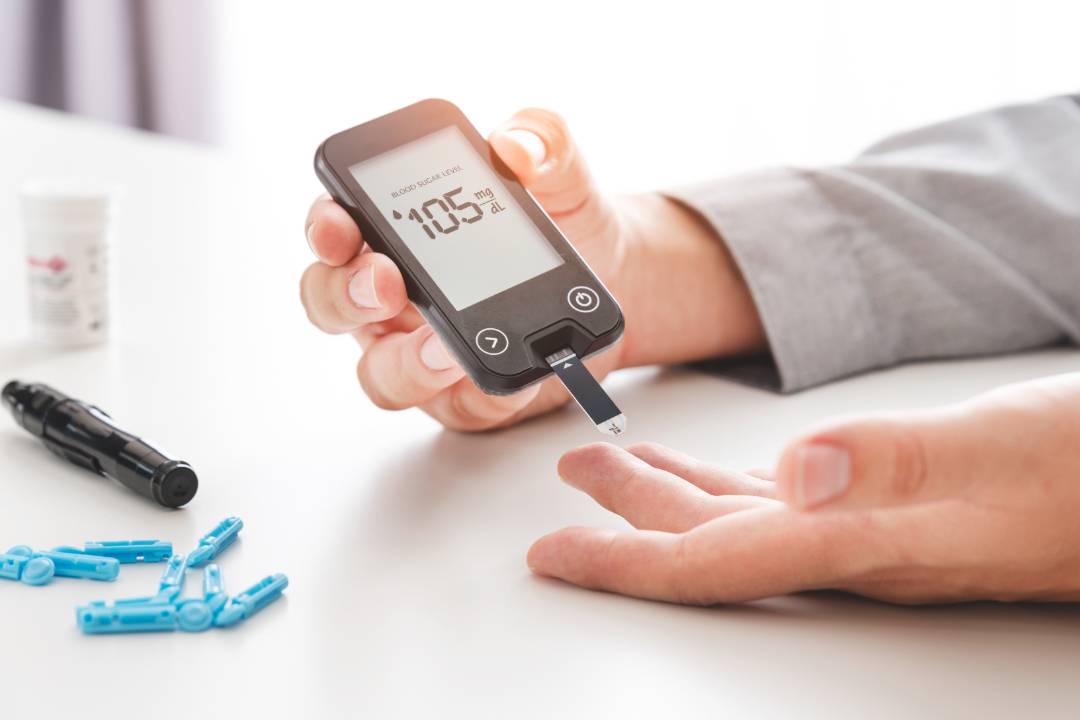
Essential Diabetic Supplies: Why They Are Crucial for Managing Your Health
Managing diabetes effectively requires a combination of healthy lifestyle choices, regular monitoring, and the right tools. Essential diabetic supplies play a crucial role in ensuring that individuals with diabetes can maintain their health, prevent complications, and lead a fulfilling life. This article explores the various supplies necessary for diabetes management and explains why each is important.
Understanding Diabetes
Diabetes is a long-term condition that impacts the body's ability to regulate blood glucose, also referred to as blood sugar.
Insulin is a hormone produced by the pancreas that allows cells to absorb glucose from the bloodstream for energy. In diabetes, the body's ability to produce or respond to insulin is impaired, leading to elevated blood glucose levels. Consistently high blood glucose can cause serious health issues, including heart disease, nerve damage, and kidney failure.
Managing diabetes effectively requires maintaining blood glucose levels within a specific target range to avoid complications. This requires regular monitoring, proper use of medications, and lifestyle adjustments. Essential diabetic supplies are integral to this process, helping individuals track their glucose levels, administer insulin, and manage their condition proactively.
Essential Diabetic Supplies
Having the right diabetes supplies is vital for effectively managing blood glucose levels and maintaining overall health.
Blood Glucose Monitors
Blood glucose monitors are devices that measure the amount of glucose in a drop of blood. They are crucial for daily monitoring, enabling individuals to make informed choices regarding their diet, exercise, and medication.
- Types and Features: Blood glucose monitors vary in size, ease of use, and features. Some models offer advanced options like data storage, Bluetooth connectivity, and integration with smartphone apps.
- Importance of Regular Monitoring: Regular monitoring helps identify patterns and triggers that affect blood glucose levels. This information is crucial for adjusting treatment plans and preventing complications.
Insulin and Insulin Delivery Devices
Insulin therapy is a cornerstone of diabetes management, particularly for individuals with Type 1 diabetes and some with Type 2 diabetes. Insulin can be administered in several ways:
- Different Types of Insulin: There are various types of insulin, including rapid-acting, short-acting, intermediate-acting, and long-acting, each serving different purposes in blood glucose management.
- Insulin Pens, Pumps, and Syringes: Insulin pens are pre-filled devices that offer convenience and accuracy. Insulin pumps provide continuous insulin delivery and can be programmed to meet individual needs. Traditional syringes are still widely used and offer a cost-effective option.
Continuous Glucose Monitors (CGMs)
Continuous glucose monitors (CGMs) provide real-time data on blood glucose levels throughout the day and night.
- How They Work: CGMs use a small sensor inserted under the skin to measure glucose levels in interstitial fluid. Data is transmitted to a receiver or smartphone app.
- Benefits Over Traditional Monitoring Methods: CGMs offer several advantages, including reducing the need for frequent finger-pricks, providing trends and patterns, and alerting users to high or low blood glucose levels.
Test Strips and Lancets
Test strips and lancets are used with blood glucose monitors to obtain blood samples.
- Role in Blood Glucose Testing: Test strips contain chemicals that react with glucose in the blood, producing a measurable signal. Lancets are small, sharp needles used to prick the skin and draw blood.
- Frequency of Use and Proper Disposal: Test strips and lancets should be used according to manufacturer guidelines and disposed of safely to prevent injury and contamination.
Ketone Testing Kits
Ketone testing is important for individuals with diabetes, especially those with Type 1 diabetes, to detect ketoacidosis, a serious condition caused by high levels of ketones in the blood.
- Importance in Detecting Ketoacidosis: Ketoacidosis can be life-threatening if not treated promptly. Ketone testing kits help monitor ketone levels and take necessary actions.
- How to Use Them: Ketone test strips are used with urine samples, while blood ketone meters provide more accurate readings from a blood sample.
Glucose Tablets and Emergency Supplies
Managing hypoglycemia, or low blood sugar, is critical for individuals with diabetes.
- For Managing Hypoglycemia: Glucose tablets are fast-acting sources of sugar that can quickly raise blood glucose levels during a hypoglycemic episode.
- Other Emergency Supplies to Have on Hand: It's also important to have other emergency supplies, such as glucagon kits for severe hypoglycemia, medical identification, and contact information for healthcare providers.
The Role of Technology in Diabetes Management
Technology has revolutionized diabetes management, making it easier to track and analyze data. Diabetes management apps can log blood glucose readings, track food intake, monitor physical activity, and even remind users to take medications.
Smart Insulin Pens and Pumps
Smart insulin delivery devices integrate technology to enhance diabetes management.
- How They Improve Management: These devices offer precise insulin delivery, track dosages, and can be programmed to adjust insulin levels based on blood glucose readings.
- Integration with Other Devices: Many smart pens and pumps can sync with CGMs and smartphones, providing a holistic view of diabetes management.
Telemedicine and Remote Monitoring
Telemedicine has become increasingly important, especially for managing chronic conditions like diabetes.
- Access to Healthcare Professionals: Telemedicine allows individuals to consult with healthcare providers without needing to visit in person, making it easier to receive timely advice and adjustments to treatment plans.
- Benefits for Diabetes Management: Remote monitoring can help healthcare providers keep track of patients' glucose levels and other health metrics, offering support and intervention when needed.
Conclusion
Diabetic supplies are essential for managing blood glucose levels, administering insulin, and preventing complications. From blood glucose monitors to continuous glucose monitors, insulin delivery devices, and emergency supplies, each tool plays a crucial role in managing diabetes effectively. By understanding and utilizing these supplies properly, individuals with diabetes can take control of their health and improve their quality of life.

Comments (0)